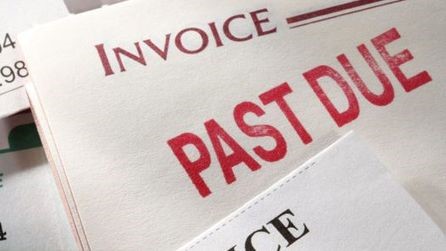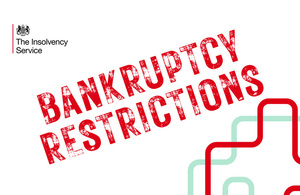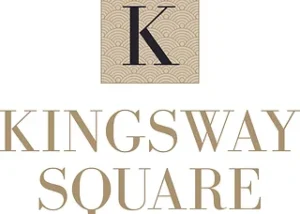How to obtain winding-up orders and petitions in 2022

Following the lifting of the Government’s CIGA 2020 restrictions last month, creditors are once again free to present winding-up petitions to insolvent companies that owe £750 or more.
Subsequently, we thought you’d like some tips and advice on how best to utilise winding-up orders and petitions in 2022.
You should move swiftly against any company that owes £750 or more for an unpaid invoice or some other debt. After 21 days, you may obtain a winding-up order from the court if the debt remains unpaid and undisputed.
The winding-up process begins when the debtor company receives the petition. Failure to respond to a petition could lead to:
- Formal insolvency proceedings
- The company falling into compulsory liquidation
Life becomes stressful and much harder for company directors under these circumstances.
Winding-up orders and petitions
For example, following the presentation of a winding-up petition, a director must seek the court’s permission before making:
- Use of the company’s assets
- Payments from the company’s bank account(s)
Furthermore, the company’s bank accounts may be frozen if the director(s):
- Ignore the petition
- Fail to obtain a court-issued validation order
Review credit management policies
If your business offers goods or a service on credit, it would be wise for you to:
- Review and update your credit management procedures regularly
- Develop an invoicing system that ensures customers and other debtors pay up within 28 days
It’s essential that you respond immediately whenever a debtor fails to pay by the due date because they might be:
- About to close down
- Trading while insolvent
- Ignoring you, but paying other creditors
- Abusing your credit terms as an unsecured, interest-free loan
- Exposing you to preventable losses
- Moving assets into a new business while leaving you and other creditors behind to suffer with old company
A winding-up petition should never be used as a debt recovery tool. However, it’s perfectly ok to present them to insolvent companies that cannot pay their debts when they are due.
Always try to keep open a channel of communication with your debtors. Talk to them before, during, and after you present your winding-up petition. It’s quite likely they’ll be up for negotiating a deal to avoid the company being placed into compulsory liquidation.
What Is a Bankruptcy Restrictions Order (BRO)?
When you declare bankruptcy, you enter a 12-month period as an “active bankrupt,” during which you must adhere to a set of restrictions. If you…
Read MoreKingsway Square Limited (In Administration)
Did you purchase an off-plan property with Kingsway Square Limited (In Administration) which has not been developed – would you like your deposit returned? Are…
Read MoreGibraltar Financial Services Commission (GFSC) – Did they fail Loan Note Holders?
As a loan note holder, you may have placed your trust in regulatory bodies such as the Gibraltar Financial Services Commission (GFSC) to safeguard your…
Read MoreGibraltar Financial Services Commission (GFSC) – 100% Asleep at the Regulatory Wheel
Faith in Regulations Insolvency & Law (I&L) recently received confirmation from the Gibraltar Financial Services Commission (GFSC) that Castle Trust and Management Services Limited (CTMS)…
Read More


